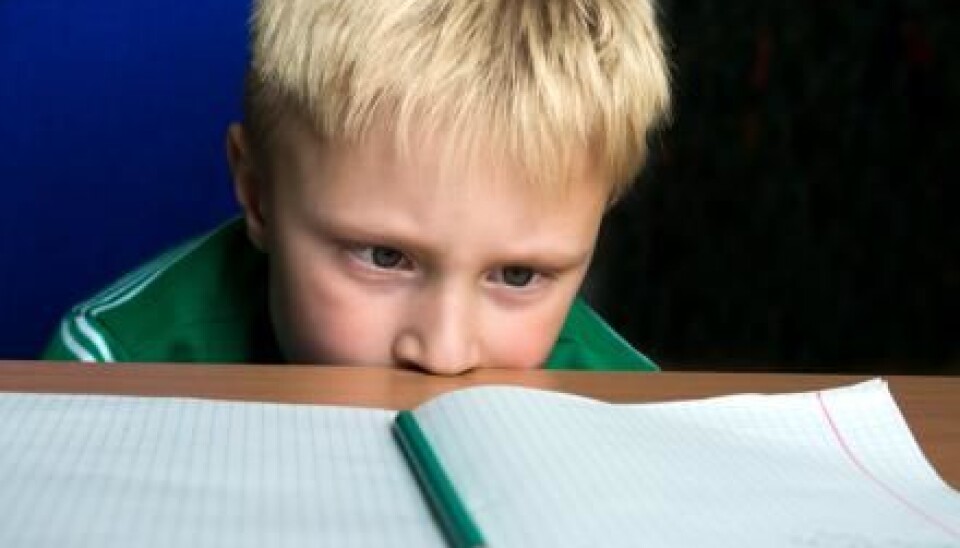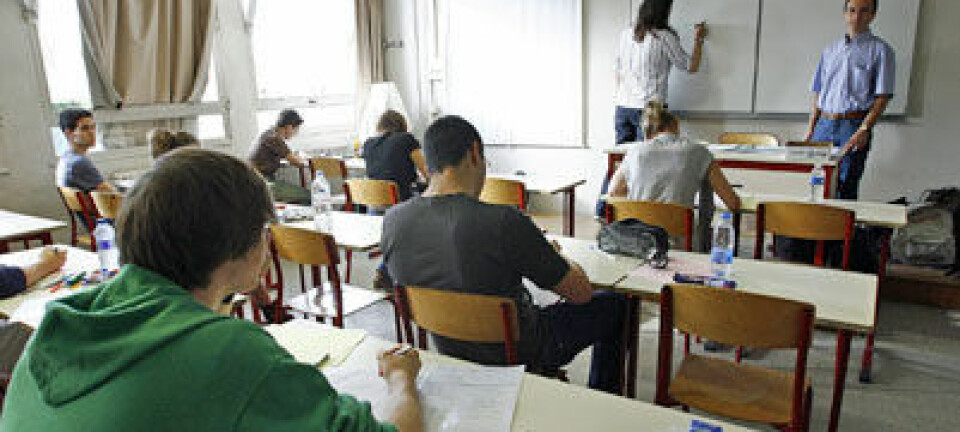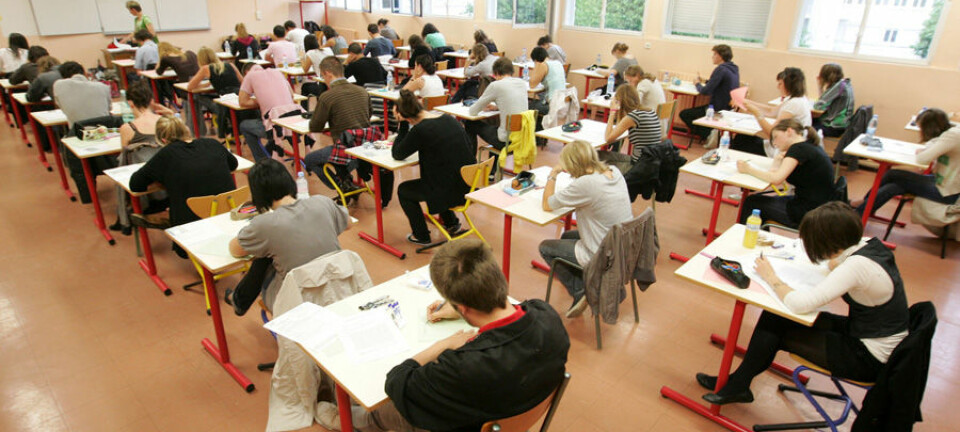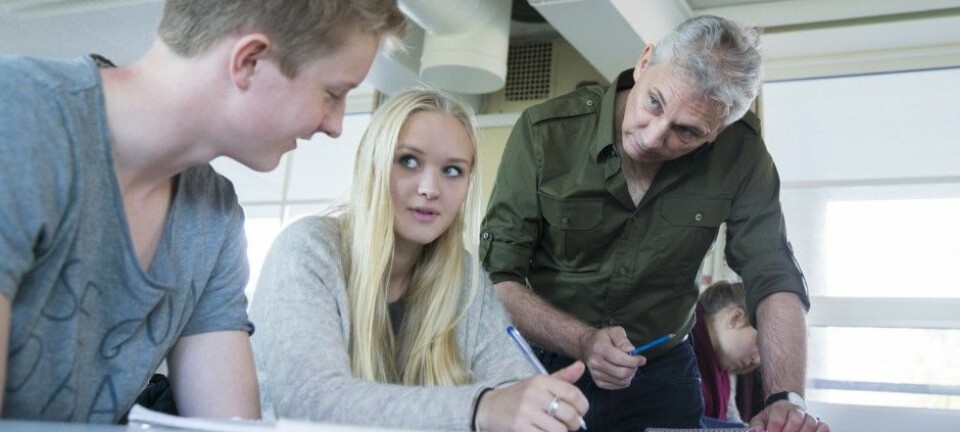
Recess improves student performance
Long school days are part of everyday life for many school kids, but it is important to give students time to recover, shows new study.
New research shows that breaks during the school day actually help students to perform better.
"It’s quite striking that breaks have a significant effect. So if you utilise them optimally it’ll definitely make a difference in student achievement," says lead-author Hans Henrik Sievertsen, from the National Centre for Social Research (SFI), Denmark.
The new results are published in the renowned scientific journal PNAS.
Professor Jeppe Bundsgaard from the Danish Institute of Pedagogy and Education (DPU) has read the new study, and says that schools should take note of the results.
"It’s important that longer school days, as they have tried to do in Denmark, shouldn’t lead to [less break time],” says Bundsgaard.
Danish school reforms require pupils to exercise for 45 minutes a day during school time, says Bundsgaard. “But it’s been very difficult to implement. So I think in reality, schools should take this result very seriously," he says.
Pupils' performance deteriorates through the day
The new study is based on over two million school tests taken between 2009 and 2013 in Denmark. They saw that student test scores became worse as the day went on. But student performance was boosted after 10 am and 12 pm, which coincides with break time.
"The time of day influences pupils' performance in standardised tests,” says Sivertsen. “The later in the day, the worse they score, but if there has just been a break where children had the opportunity to get fresh air or food, they score a little better again," he says.
For every hour that passed after a break, student performance worsened--average test score deteriorated by 0.9 per cent of a standard deviation.
"It's not a huge impact, but we hadn’t expected it. After a break, test scores improved again by 1.7 per cent of a standard deviation," says Sivertsen.
Need to find out what happens during a break
So, do the results mean that pupils need to take a break every hour? Not necessarily, says Sievertsen. The researchers first need to know exactly what pupils do during the break to have this effect, and how long the break should last.
"We can see that after breaks, pupils do better, but different schools have breaks of variable duration. We need to have more precise information about how long the break should be and what it should involve, to improve student performance,” he says.
Nevertheless, the conclusion should give schools something to think about, says Bundgaard.
In Denmark, where there is a long school day, schools should make time for breaks so that students can recover along the way, he says. It is also a problem when negotiating teachers’ pay, he adds.
“Breaks are much more expensive, and therefore breaks have typically been short. It’s quite inappropriate," says Bundgaard.
--------------
Read the Danish version of this story on Videnskab.dk
Translated by: Catherine Jex








